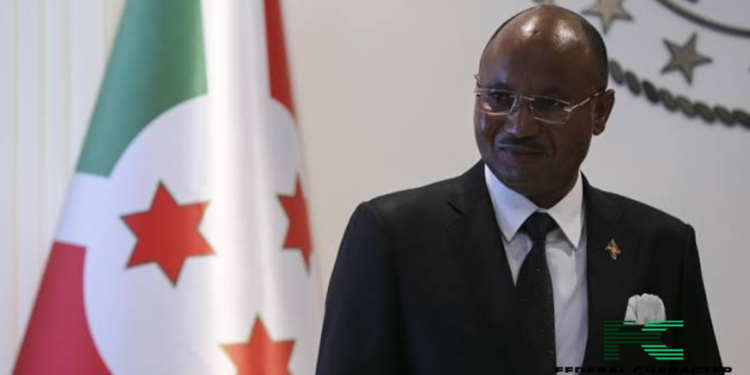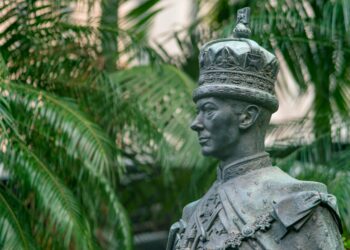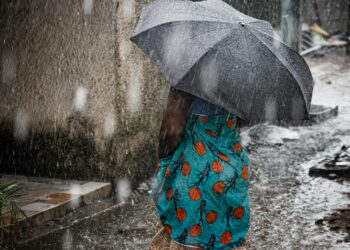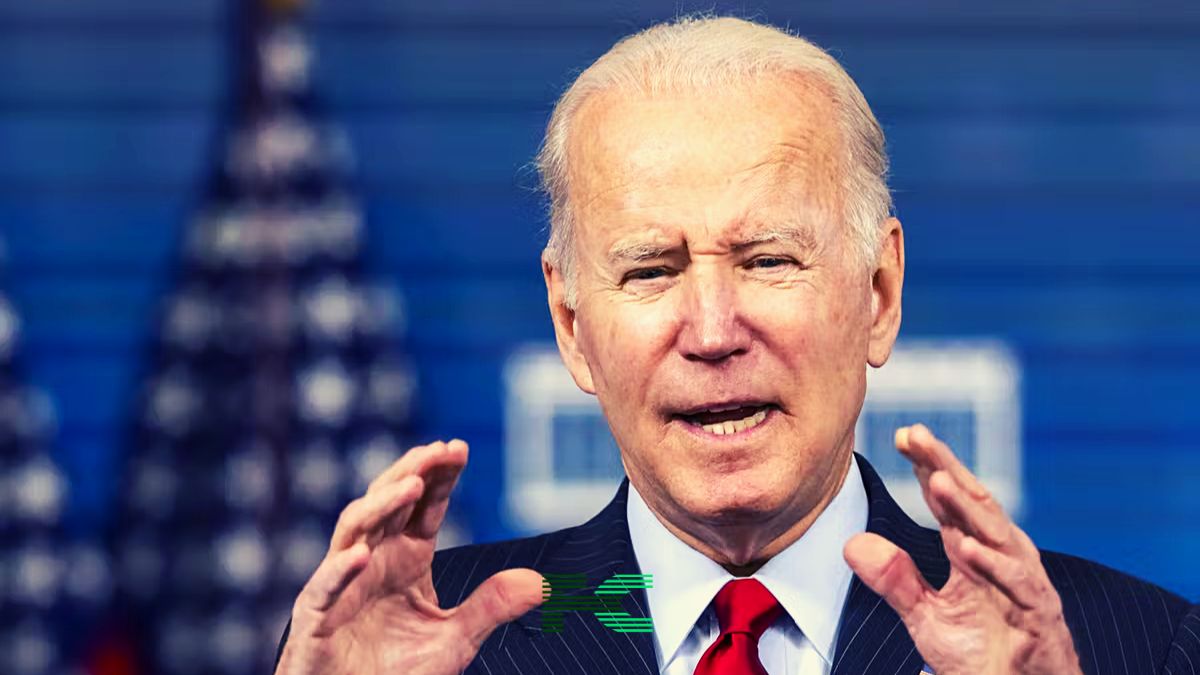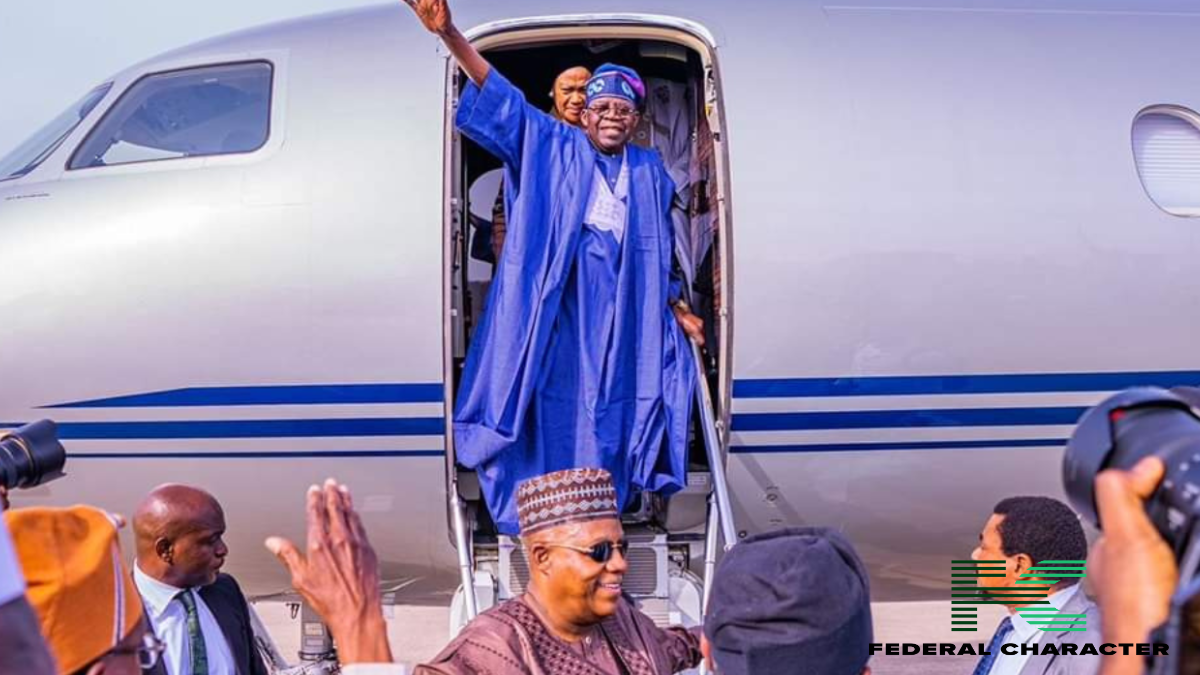Burundi’s Supreme Court delivered a controversial verdict, sentencing Alain-Guillaume Bunyoni, the former prime minister ousted in 2022, to life imprisonment. The charges against him included attempting to overthrow the government and endangering the president’s life. This startling development unfolded three months after the commencement of Bunyoni’s trial, which stemmed from his dismissal following President Evariste Ndayishimiye’s caution about a potential “coup” against his leadership.
Charges and Verdict
The judicial source, preferring anonymity, disclosed that Bunyoni faced multiple accusations, ranging from plotting against the state’s head to employing witchcraft to threaten the president’s life, destabilizing the national security and economy, and illicit enrichment. Despite pleading not guilty and citing a lack of evidence, Bunyoni was handed a life sentence. Furthermore, the court ordered the confiscation of several properties and vehicles belonging to him.
Co-Defendants and Ruling
Five others, including key co-defendants—a police colonel and a senior intelligence agent—received sentences varying from three to fifteen years. Notably, the seventh defendant, a driver, was acquitted by the court. Chief Justice Emmanuel Gateretse delivered the decisive verdict at the prison where Bunyoni was held, concluding a case that gripped the nation’s attention.
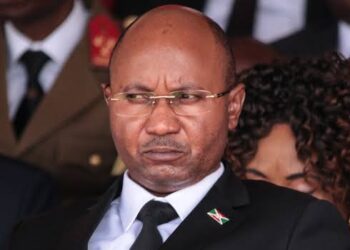
Political Background and Aftermath
Bunyoni’s stature as a former police chief and internal security minister, aligned with the ruling CNDD-FDD party, marked him as a pivotal figure in Burundi’s political landscape since 2005. Recognized as the de facto number two in the regime during a 2015 political crisis, his arrest in April in Burundi’s economic capital, Bujumbura, signified a seismic shift in the country’s power dynamics. The sentencing adds to the turbulent political history of Burundi, which faced international censure during former President Nkurunziza’s controversial tenure, marked by human rights violations and political repression.
Enduring Challenges and International Reception
Continuing Challenges
While President Ndayishimiye’s ascension brought hopes of ending Burundi’s isolation, his leadership has struggled to uplift the country from its dire socio-economic status. Burundi, home to 12 million people, remains entrenched in poverty despite efforts to improve its global standing. The failure to address longstanding human rights concerns and socio-economic disparities highlights persistent challenges.
Historical Context
The recent events intertwine with a history marred by political turmoil. Former President Nkurunziza’s bid for a contentious third term in 2015 triggered a wave of unrest and international condemnation. Burundi faced severe repercussions, including the ostracization of political opponents and the country’s isolation on the global stage.
The recent verdict involving Bunyoni reflects a turbulent political saga in Burundi’s recent history, characterized by power struggles, alleged plots, and significant implications for the nation’s governance and stability.

